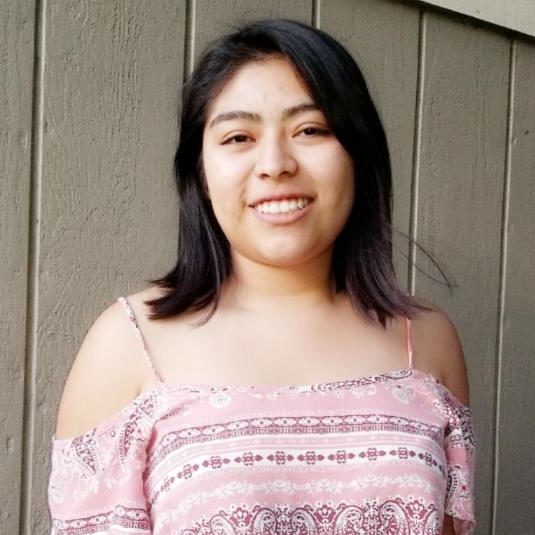
I am a passionate person. For me to truly enjoy my work, I need to be passionate about it, and that means learning about why it’s important, who it’s affecting and who is gaining from it. But sometimes that passion is compromised when we have grant contracts that fund something my youth and I aren’t truly passionate about.
yli’s model of youth development is radical: it begins with youth identifying and choosing issues they care about, and then building campaigns using strategic actions to address those issues.
But the hard reality is that our salaries, our projects are tied to the funding we get. When I began as a youth at yli, I was never asked what I wanted to work on – we always just dove right into the issue and projects assigned to us.
Now, as a program coordinator, our leadership attempts to make space for us to dream big and think about the issues we are interested in pursuing – we had a visioning meeting at the beginning of the year to discuss these. But many of the ideas we discussed didn’t get translated to the work we’re doing right now. Based on contracts, there are a selection of projects we can choose from – which is already limiting – but sometimes I have trouble advocating for the project that I want to work on. It’s hard for me to say no to these projects and so when my program manager asks me to work on projects, that’s what I work on.
My parents are immigrants – they are very hard workers and never had any choice about the work they do.
My family narrative is that work is supposed to be hard, we’re not supposed to enjoy it. I am so lucky to have a job that I love, especially when others don’t have the opportunity to do work they enjoy. So I feel like it’s my responsibility to do the work that is handed to me, like I’d be showing that I’m not grateful if I were to speak up. I guess I still have the thinking patterns of my parents from past generations.
And there is so much work – so many contracts to fulfill. I often don’t have time to execute my projects in the way that I want. It’s not just stressful for us as staff – it’s stressful for the youth as well, and the focus falls heavily on fulfilling deliverables rather than working deeply with the youth.
Another way that yli has attempted to uphold our model is the Youth Fund, which awarded young people in our programs with a grant to work on a project of their choosing. In an ideal world, all of our youth would have the freedom to work on their own projects.
I think we could further push the envelope by engaging youth in our grant-writing and fundraising strategies. Funding is so central to how our programs are built – and so often a barrier to doing the work we envision – it makes sense to put youth in a position to make some decisions about how we craft our proposals. We talk a lot about getting youth a seat at the decision-making tables. Within a nonprofit, the real decision-making is done by funding, so creating space for youth to work alongside our development staff and getting their guidance on the funding they’re seeking would line up with our stated values of youth leadership.
Finally, yli is radical in that it trains us to see how our youth are impacted by their environment. We work hard to build up their leadership skills. But we need to see that some of our staff are also impacted and that speaking up and advocating for ourselves can be difficult just like for our youth.
We follow our parents’ generation, which suffered from cycles of oppression, and that affects us to this day. It’s important that yli understands this and uplift the voices of our staff – and especially program coordinators, assistants, and interns who have the least power in our organizational hierarchy – when we decide to share our experiences and advocate on what projects we want to work on.
This post is the fourth in our series, “Is yli Radical Enough?” At yli, we have strong opinions about what social justice looks like…but are we truly living our values? We have the power to be intentional about our work community and model what it looks like for an organization to work at self-reflection and improvement. This is an attempt to be vulnerable and transparent about our process of growth as individuals, as a collective, and as youth advocates.
